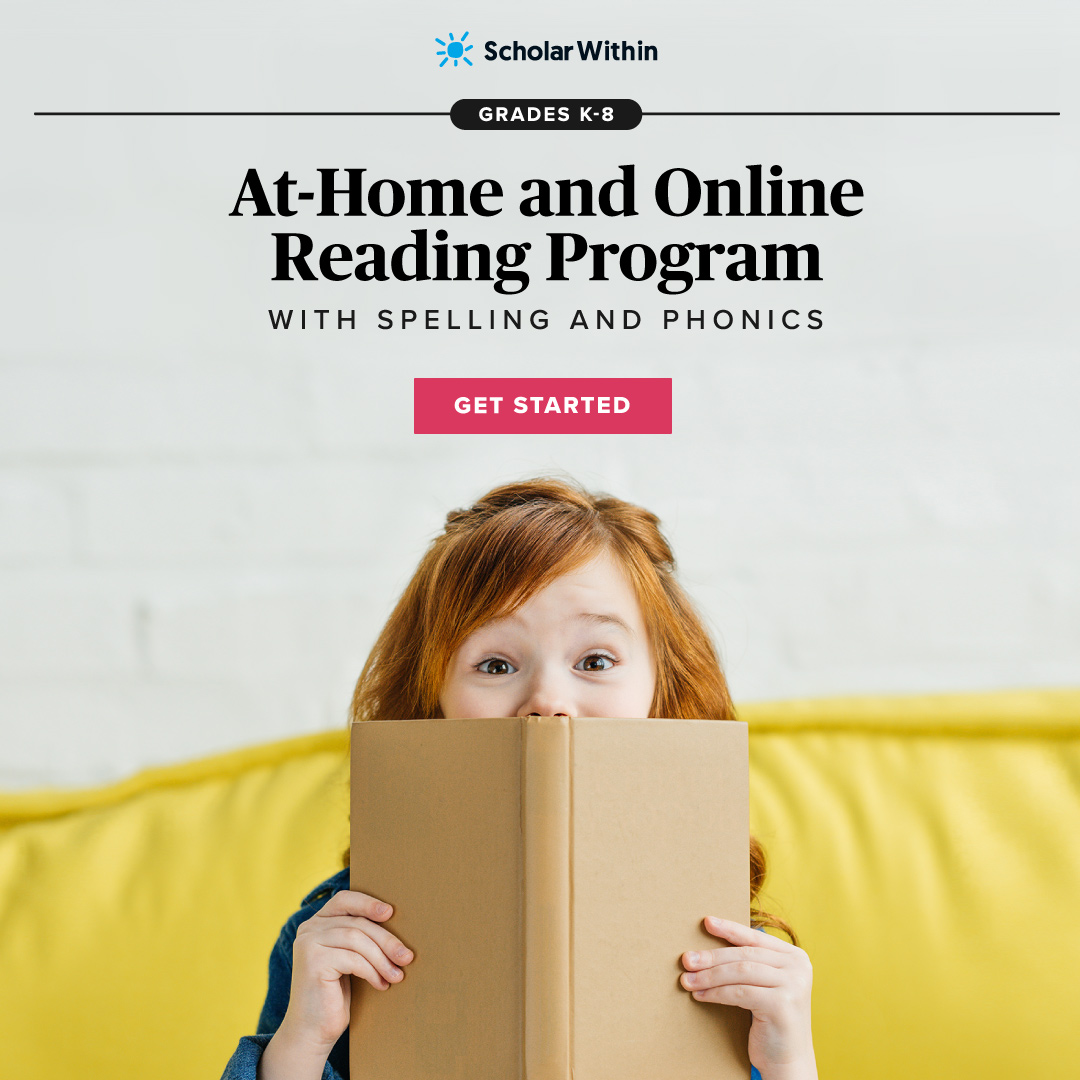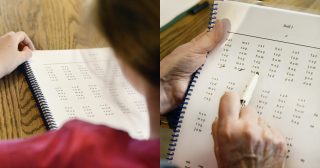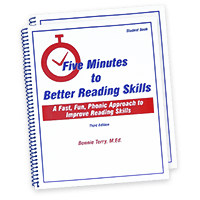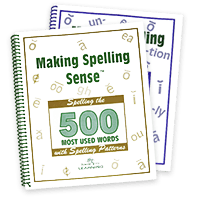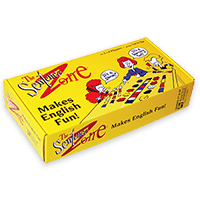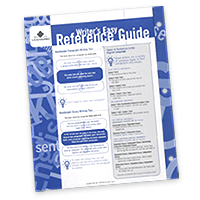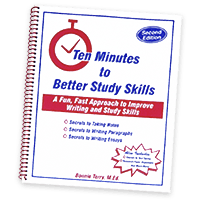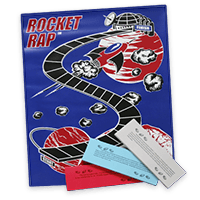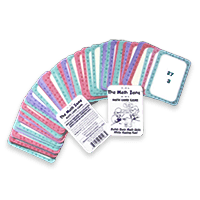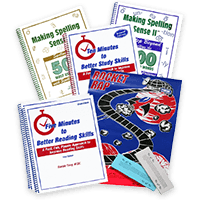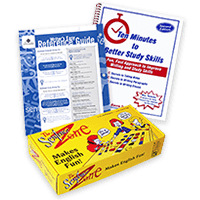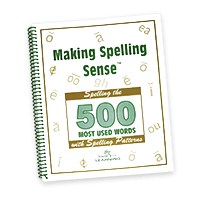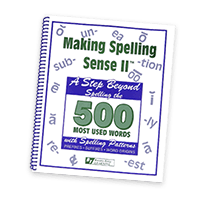Reading Activities Help Dyslexic and ADHD Kids Love Reading
January 16th, 2019How do you get kids that don’t like to read to love reading?
One of the best ways to get kids interested and engaged in reading is to do some reading activities or games at home. Kids that have dyslexia or ADHD often spend a lot of stressful energy when reading. So, we need to help them reduce their stress. Specific reading activities done at home with the family can make that difference. Before we get into the reading activities, though, it is a good idea to understand some of the typical complaints and excuses kids have about reading.
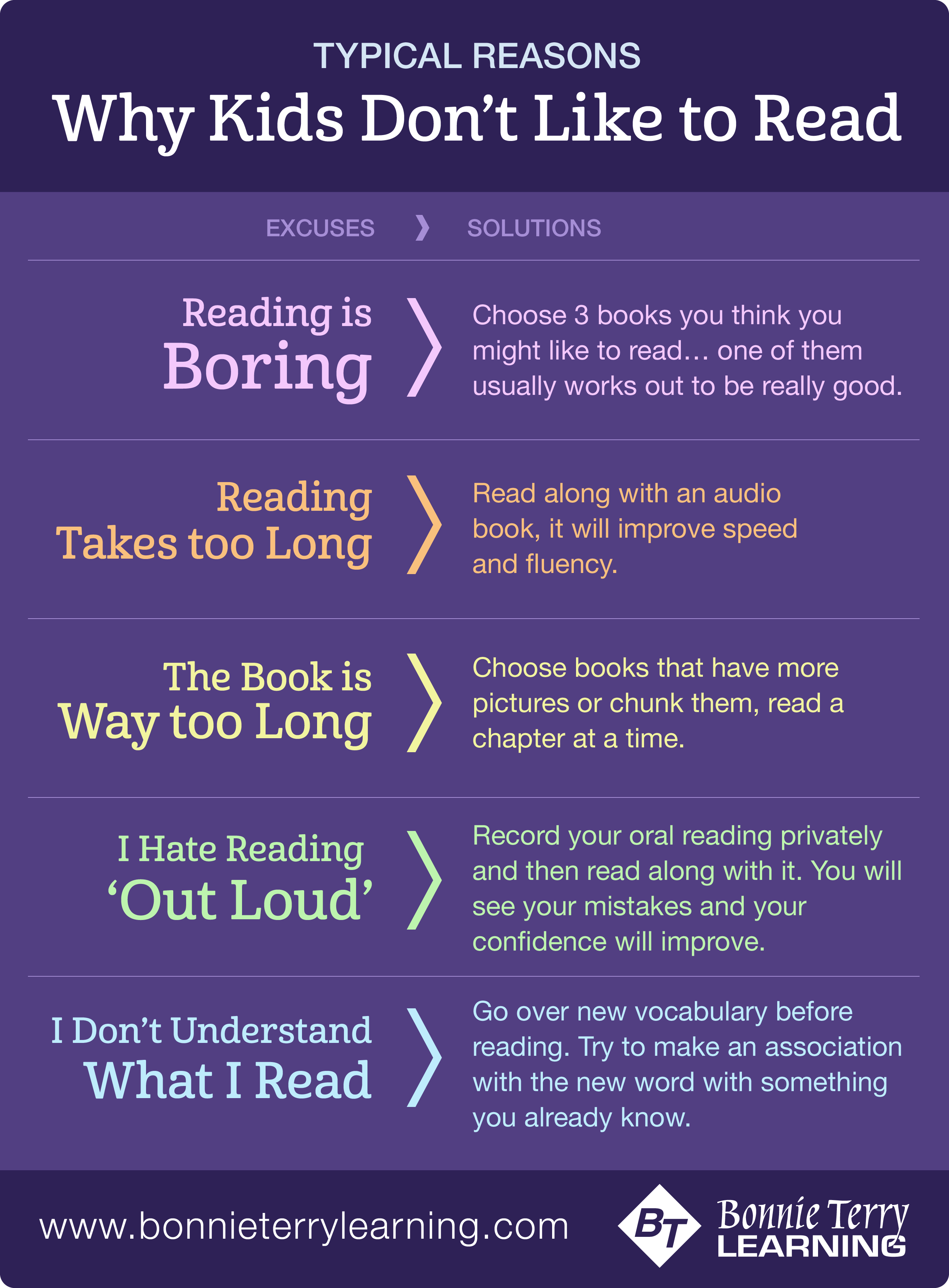
Reading activities and games are a great way to help your kids improve both their reading skills and their love of reading. When learning becomes fun in a relaxed atmosphere kids do better and their skills improve. Learning is a lot more fun when you are playing a game. So playing reading games is the perfect solution to boost reading skills while having fun. These activities also improve auditory processing and visual processing skills.
“I’ve been homeschooling my son for 4 years and he had never picked up a book to read on his own let alone do a book report. It was such a struggle to get him to want to read or write. I have to tell you, three weeks after working with Bonnie Terry Learning’s reading and writing products, we went to the library, and my son actually picked out 3 chapter books to read. In fact, he wouldn’t put the first book down until he finished it. Then he did a book report on it. This was the first time he was able to write a book report! It has been such a breakthrough for us, truly life changing. All of his skills are going up and his confidence is too. Thank you.”
Lisa C, CA
Reading Activities
- While you are out driving or walking in town, have your kids look for specific letters or words on signs they see. You can do the ABC search where you look for the letters in the alphabet in order i.e.: first an /a/ and then a /b/. You can look for the letters in one of your kid’s current spelling words. For example, break or calendar. This will give them a greater awareness of words in the world.
- Play hangman with words they know. (Let your kids stump you once in a while too.)
- Practice rhyming words. For example, words that rhyme with at, in, et.
- Think of words or look for words on a page that begin with the same sound. For example, foods that start with the /b/ sound: banana, burrito, broccoli.
- Think of words or look for words on a page that end with the same sound. For example, words that end with the /t/ sound: cat, left, east.
A variety of reading games
- Word Searches improve visual processing skills.
- Word Games like Sight Word Bingo, Upwords, and Quiddler. These games improve memory as well as spelling skills.
- Playing Concentration: a matching game where you match pairs of words. Place word cards face down. Turn over two cards searching for a match. If you find a match, you keep the cards and look for another match. If you don’t find a match, the next person playing takes their turn. The winner is the person with the most cards when all matches have been found. This improves reading, spelling, and memory skills. You make two cards for each word. You can use sight words, spelling words, synonyms, antonyms, or even compound words.
- The Sentence Zone improves sentence writing and grammar. This game allows kids to be creative and learn how to write sentences and learn English grammar while having fun with the family or classroom. Sharing, modeling, laughing, having fun, and learning. Playing this game also improves 20 areas of perception.
- The Comprehension Zone improves reading and listening comprehension skills. This game is a fun way to learn how to find the main idea and details of what you read or to sequence what you read or listen to. It has reading selections from a 2nd-3rd grade level up the high school level. This, in turn, improves note-taking and writing skills. You learn how to read for meaning while playing. Playing this game improves 18 areas of perception.
Improve your Reading Fluency
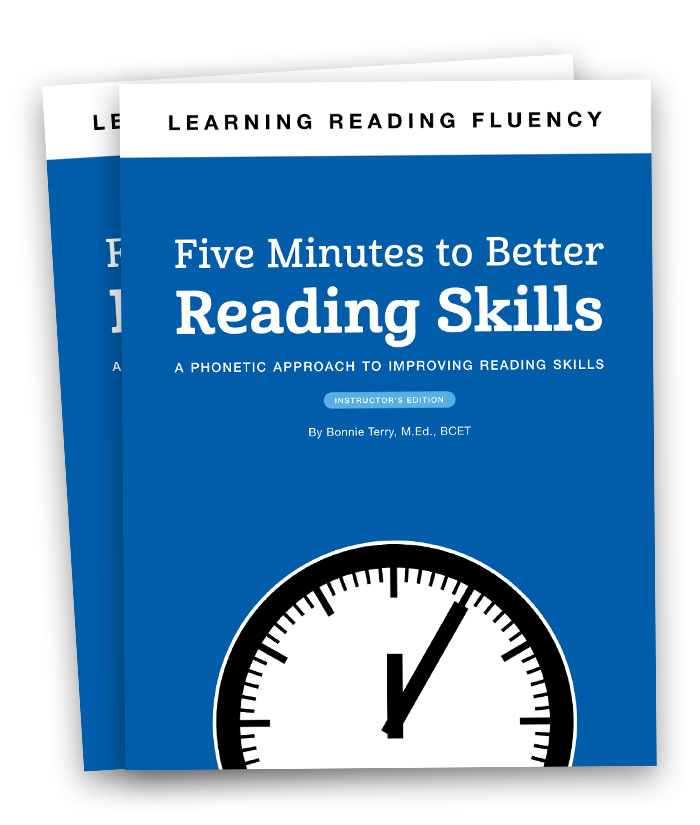
Reading fluency is the ability to read quickly and accurately. Once you are fluent in reading, you are able to focus on what the text means rather than trying to decode words. Five Minutes to Better Reading Skills helps you become a fluent reader in 5 minutes a day with short reading drills. A 5-year independent study proved substantial gains using Five Minutes to Better Reading Skills.

Bonnie Terry, M. Ed., BCET is internationally recognized as America’s Leading Learning Specialist. She is an award winning author and learning disability specialist and board certified educational therapist.
Bonnie is the best-selling author of: Family Strategies for ADHD Kids, School Strategies for ADHD Kids, Five Minutes to Better Reading Skills, Ten Minutes to Better Writing and Study Skills, and The Sentence Zone Game.
